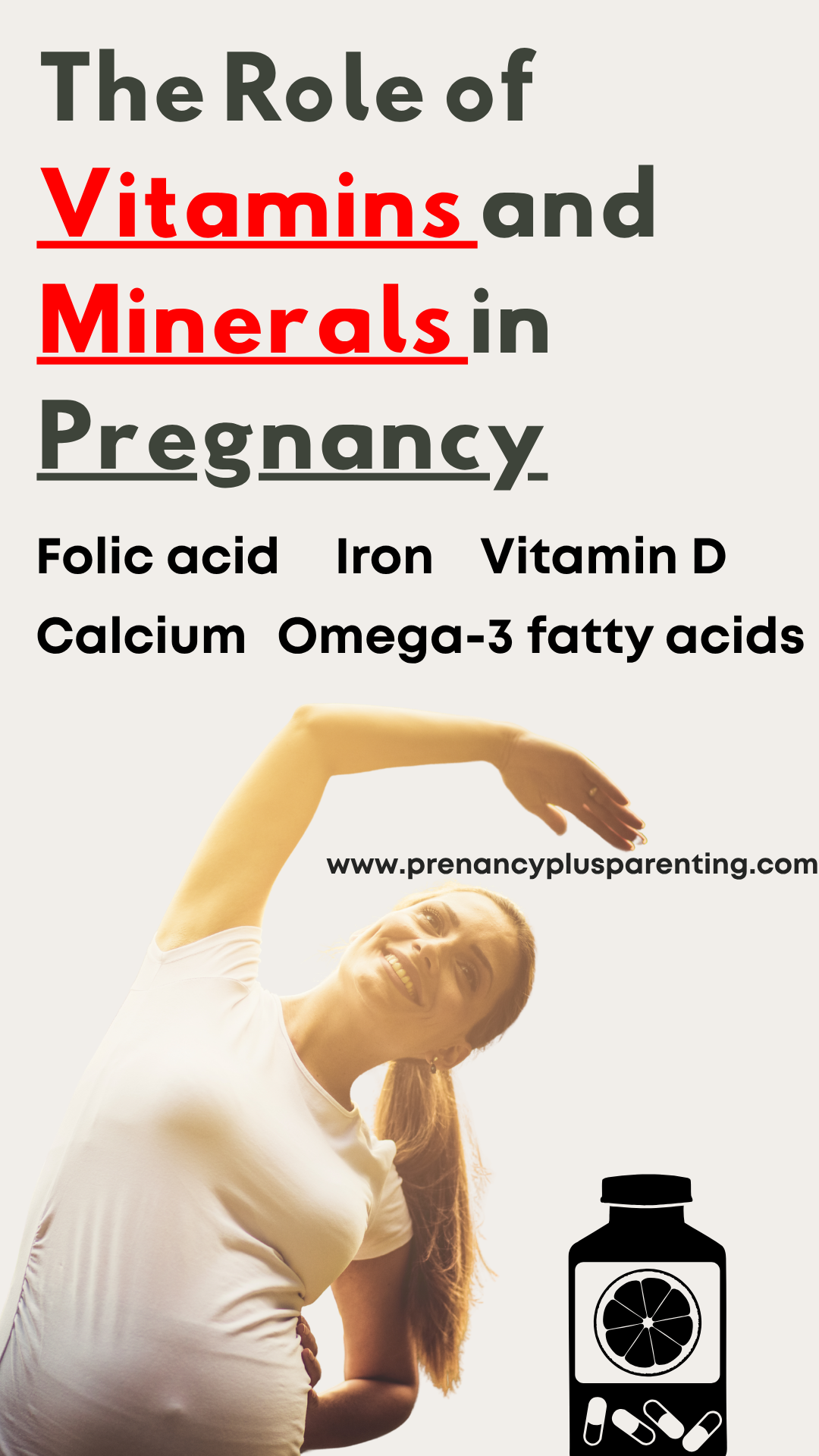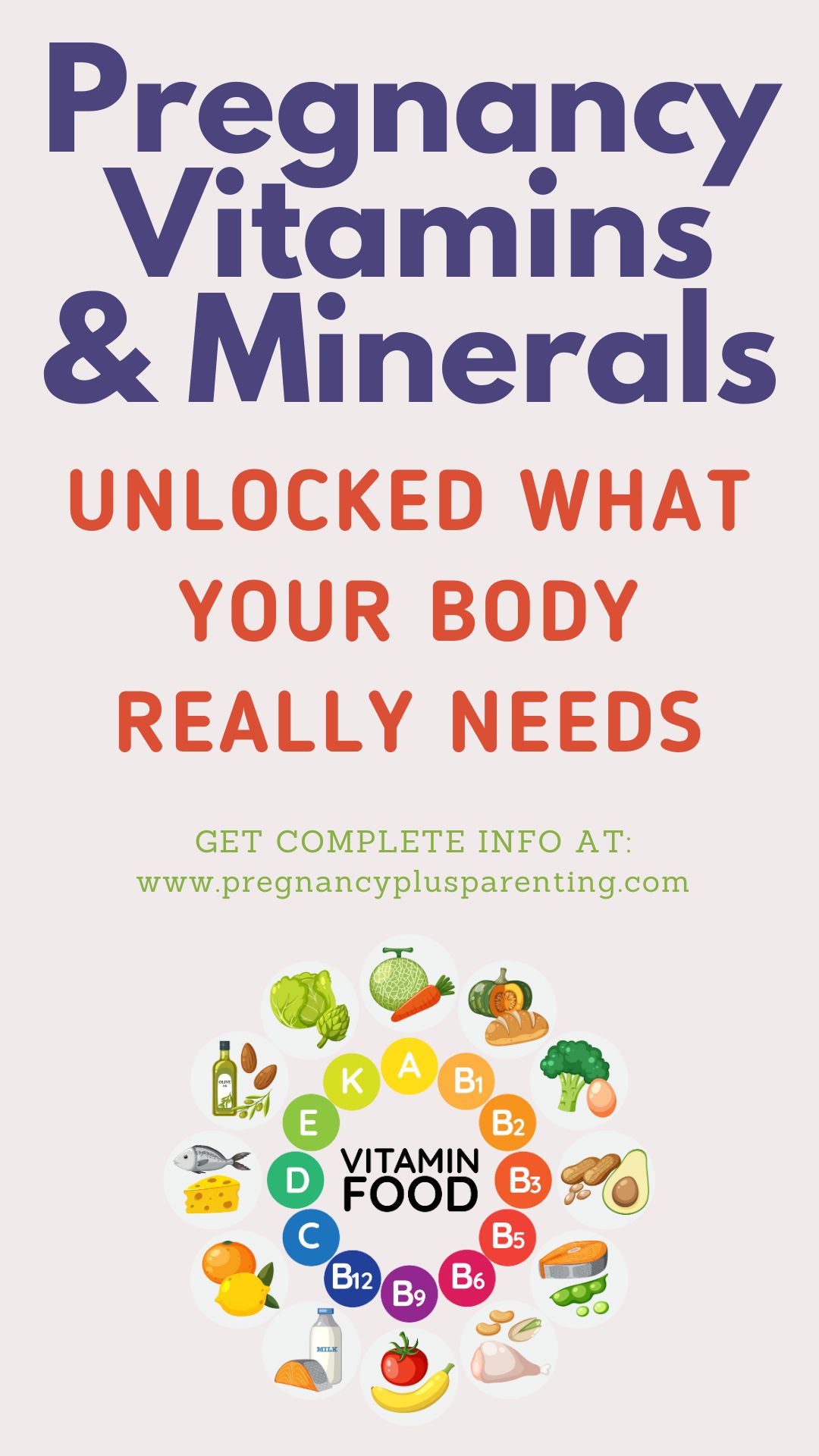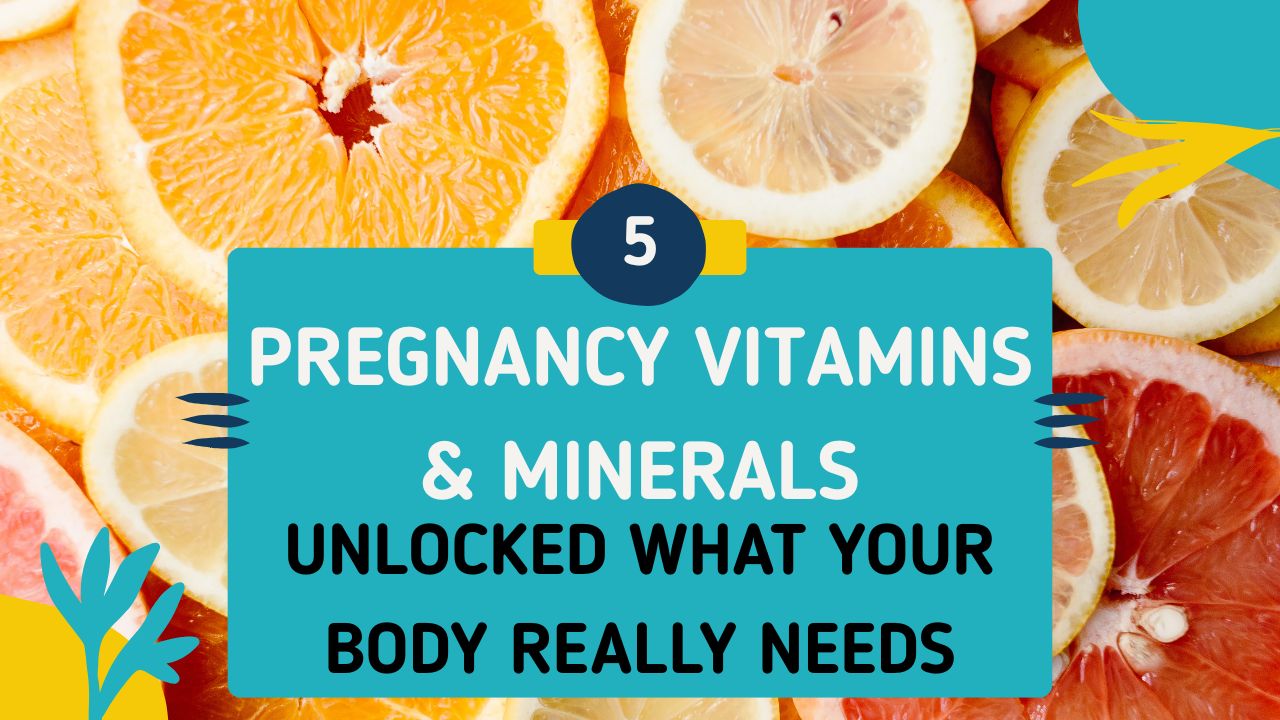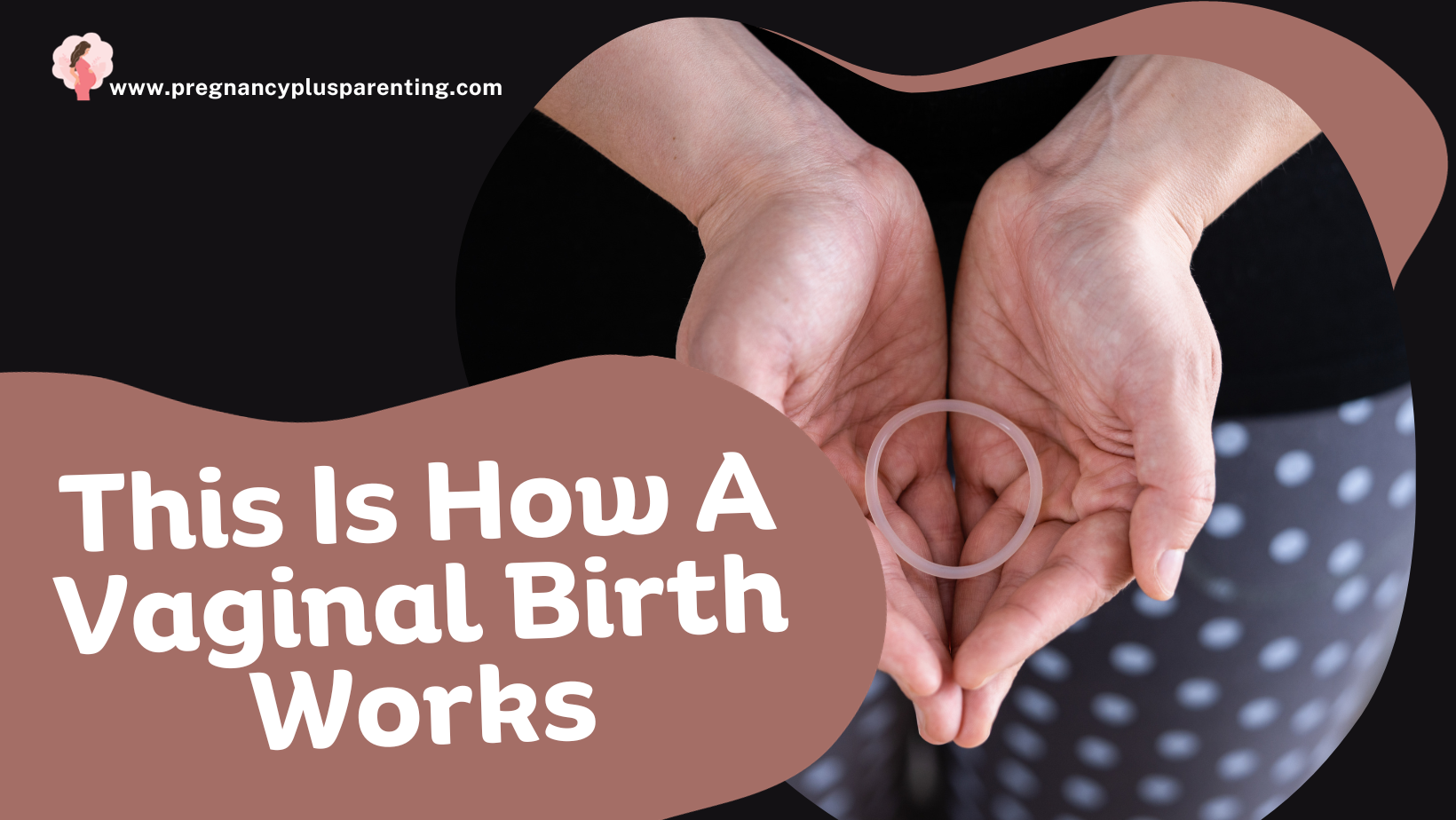Pregnancy Vitamins & Minerals Unlocked What Your Body Really Needs
Pregnancy is an exciting and challenging time in a woman’s life. During this phase, a balanced diet and adequate vitamin and mineral intake are crucial.
The role of vitamins and minerals in pregnancy
Vitamins and minerals are vital for a baby’s growth and development. They support cell division, the immune system, metabolism, and bone growth, among other things.
Some nutrients cannot be produced by the body itself and must therefore be supplied through food or supplements.
During pregnancy, the need for certain nutrients increases. This is because the mother’s body needs additional reserves for the growing baby. Adequate supply of these nutrients can help prevent potential complications and ensure the child’s healthy development.
Therefore, it is important to find out about the nutritional supplements needed during pregnancy.
Folic acid
The effect of folic acid
Folic acid , also known as vitamin B9, is essential during pregnancy. It plays a crucial role in cell division and the formation of the baby’s neural tube, which later becomes the brain and spinal cord.
Adequate folic acid intake can reduce the risk of neural tube defects such as spina bifida and anencephaly .
Recommended dosage
It is recommended to take 400 micrograms of folic acid daily before pregnancy and during the first trimester . Starting in the second trimester and throughout pregnancy, the dosage should be increased to 600 micrograms.
Folic acid is found in many foods, such as green leafy vegetables, beans, and whole grains. However, it is advisable to take a folic acid supplement to ensure your daily intake is met.
Iron
The effect of iron
Iron is an important trace element responsible for the oxygen supply to the mother and child. During pregnancy, iron requirements increase due to increased blood volume and the need to supply the baby.
Iron deficiency can lead to fatigue, weakness and anemia and increase the risk of premature birth and low birth weight.
Recommended dosage
The recommended iron intake during pregnancy is 27 milligrams per day. Iron-rich foods include red meat, poultry, fish, legumes, and green leafy vegetables.
Since the body can absorb iron from animal foods better, vegetarians and vegans should pay particular attention to ensuring they have an adequate iron intake and, if necessary, take an iron supplement.

Vitamin D
The effect of vitamin D
Vitamin D is crucial for bone health and the immune system. It supports calcium absorption in the body and thus promotes bone growth in the baby.
A vitamin D deficiency can lead to bone diseases such as rickets in the child and osteoporosis in the mother.
Recommended dosage
During pregnancy, a daily vitamin D intake of 20 micrograms (800 IU) is recommended.
Since the body can produce vitamin D itself with the help of sunlight, a balanced diet is often sufficient with sufficient sun exposure. However, in the winter months or when sun exposure is insufficient, a vitamin D supplement may be beneficial.
Calcium
The effect of calcium
Calcium is essential for the development and maintenance of bones and teeth. During pregnancy, it supports the baby’s bone growth and is important for blood clotting and muscle and nerve function.
A lack of calcium can lead to bone weakness and dental problems in the mother.
Recommended dosage
The recommended calcium intake for pregnant women is 1,000 milligrams per day. Calcium-rich foods include dairy products, green leafy vegetables, nuts, and seeds.
With a balanced diet, it is usually not necessary to take additional calcium supplements.
Omega-3 fatty acids
The effect of omega-3 fatty acids
Omega-3 fatty acids, especially DHA (docosahexaenoic acid), are important for the baby’s brain and eye development. They can also reduce the risk of premature birth and depression during pregnancy.
Recommended dosage
The recommended intake of DHA during pregnancy is 200 milligrams per day. Good sources of omega-3 fatty acids include fatty fish such as salmon, mackerel, and sardines. However, pregnant women should limit their consumption of raw fish and certain fish species such as tuna and swordfish due to their mercury content.
Vegetarians and vegans can obtain omega-3 fatty acids from flaxseeds, chia seeds and walnuts or use algae oil supplements.
Iodine
The effect of iodine
Iodine is an essential trace element responsible for thyroid function and the production of thyroid hormones. During pregnancy, iodine is important for the growth and mental development of the baby.
An iodine deficiency can lead to growth disorders and cognitive impairments in children.
Recommended dosage
The recommended iodine intake for pregnant women is 230 micrograms per day. Iodine is found in sea fish, dairy products, and iodized table salt.
In cases of an unbalanced diet or hypothyroidism, taking iodine supplements may be advisable.
Other nutrients
Vitamin B12
Vitamin B12 is important for the formation of red blood cells and the function of the nervous system. Vegetarians and vegans may be at risk for deficiency, as vitamin B12 is found primarily in animal foods. In this case, taking vitamin B12 supplements may be necessary.
The recommended daily dose is 3.5 micrograms.
Zinc
Zinc is a trace element important for the immune system, cell division, and wound healing. During pregnancy, there may be an increased need. The recommended zinc intake is 10 milligrams per day.
Foods rich in zinc include meat, fish, legumes and whole grain products.
Supplements vs. natural food
Although supplements can be important during pregnancy, the initial focus should be on a balanced and nutrient-rich diet. Many vitamins and minerals can be obtained from a wide variety of foods.
Dietary supplements should be viewed as additional support and not as a substitute for a healthy diet.
Consultation with the doctor
It’s important to discuss taking supplements during pregnancy with your doctor or midwife . They can provide personalized recommendations and address potential interactions with medications or health concerns.
Conclusion : A healthy pregnancy through the right nutrient supply
A balanced diet and adequate vitamin and mineral intake are crucial during pregnancy. Supplements such as folic acid, iron, vitamin D, omega-3 fatty acids, and iodine are especially important during this time.
Talk to your doctor or midwife about the medications and dosages that are right for you.
If you want to learn more about vitamins and minerals, read on here:
FAQs
Do I have to take all supplements during pregnancy?
Not necessarily. It’s important to talk to your doctor or midwife to determine which supplements are recommended for your individual needs.
Are dietary supplements safe during pregnancy?
Generally, dietary supplements are safe as long as they are taken in the recommended dosages. However, you should always discuss taking supplements with your doctor or midwife.
Can I consume too many vitamins and minerals?
Yes, an overdose of vitamins and minerals can be harmful in some cases. Always follow the recommended dosages and consult your doctor or midwife before taking any supplements.
How long should I take supplements during pregnancy?
The duration of supplementation may vary depending on the nutrient. Your doctor or midwife can provide specific recommendations.
Are dietary supplements also important during breastfeeding?
Yes, some supplements are important during breastfeeding to support the health of both mother and baby. Talk to your doctor or midwife about recommended supplements and dosages while breastfeeding.







